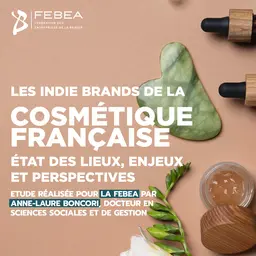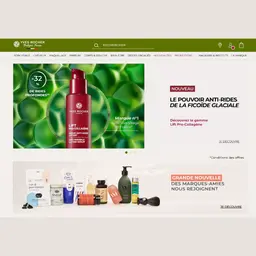
In a recent article, I raised the question of the use of AI in formulation. Since then, things have taken shape, so I felt the need to tackle this issue again.
In my first article , I referred to Chef Watson and its ability to cook in a new, more original way. A few months ago, in Le Monde Informatique , it was explained that IBM was about to give third parties access to their supercalculator. The manufacturer aims to offer software publishers the possibility to develop Cloud applications to exploit Watson’s artificial intelligence skills. A whole division at IBM is actually using these technological capabilities, in particular in the form of a Cloud service named Watson Analytics, and via the IBM Watson Developers Cloud platform. To popularize the use of Watson, Big Blue invested no less than a billion dollars, dedicated premises and a 2,000 people workforce to it, and provided support for start-ups. Based on Watson’s artificial intelligence, the offer consists of a system focused on analytics that can understand questions formulated in a natural language. It is different from the others thanks to its quick analysis skills, since it can screen no less than a million books in just a few seconds.
A website was dedicated to these new cooking practices . Some of you may have tried it. Although it is in English, the application is quite simple to use. Once you have logged on the website, you must choose at least one ingredient. Then, Chef Watson selects three other ingredients and displays a list of suggestions.
Maybe IBM felt the need to give people a taste for this system – you said it! – when they recently launched a dedicated App, IBM Chef Watson Twist , to help you make creative cocktails with your smartphone, according to your tastes and desires. Just select an atmosphere and a basic ingredient, and the application suggests an original cocktail recipe.
All this might make you smile. Except people are getting contaminated!
A recent French publication announced a British start-up created four beers thanks to artificial intelligence, by adapting drinks to consumers’ tastes. Brewers are usually responsible for this task.
‘Once they have tested one of our four beers, consumers give feedback on the flavours created by our algorithm, ABI (Automated Brewing Intelligence),’ explains Hew Leith, co-founder of IntelligentX. ‘The algorithm uses data collected with a Facebook Messenger bot [sort of robot able to have a conversation], to tell our master brewer which recipe to brew next time.’
Based on what is called ‘machine learning’, the machine can then try and optimize the suggestion(s) made, by taking into account the multiple feedback received, and then gradually obtain an optimum product. Does this not sound like current practices in formulation? Except formulators do not, or have not used AI yet!!!
We might argue at once, saying it all results in ‘average’, ordinary products without any flaws, and human know-how will never be rivalled by a machine. But is this for sure? I do not think so, and I believe formulators might as well take interest in these issues before these practices spread, without them seeing anything coming. And the developers of this system do not exclude entering other markets, like perfumery, chocolate, or coffee… Why not cosmetics formulation? Well, it is just me saying. It has actually been quite long since we were told it is only cooking!!!
However, to get there, a huge quantity of data will need to be shared, and cosmetics companies still consider them hyper-confidential and exclusive. Who will be the first to break the code of silence? Still, we should bear in mind that all companies in the world must unveil their formulations in the lists of ingredients displayed on labels!!! Is that enough for these systems with a huge appetite for information? The future will tell.
What a fascinating era!!!
Jean Claude Le Joliff














